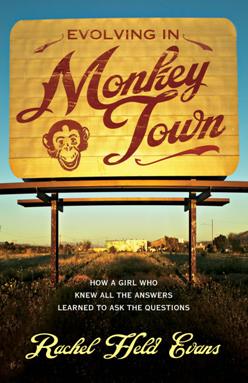I drove the van through the entrance of the cemetery. The large, iron gate rested back against a grassy bank. It felt as though driving too quickly might wake some of the dead, so I drove gingerly.
We circled through the grave stones. Maile recognized many of the last names, common in the small town of Troy, Ohio, where she grew up. It took two trips around before we finally spotted the one we were looking for:
“Velma Peeler”
“There it is,” Maile said quietly. I stopped the van.
She got out and walked slowly through the dreary day, weaving amongst the stones. Then she stopped, staring down at her grandmother’s grave. The older two kids chattered in the back, asking questions non-stop about cemeteries, death and a grandmother I had barely known.
When Maile approached the van she wiped her eyes, a sad smile draped across her face.
“Okay,” she said, putting her hand on top of mine. “Let’s go.”
* * * * *
Two thousand years ago, a few women walked quietly to visit the grave of a dear friend. But when they arrived they found only an empty tomb. And an angel sitting on a rock.
“He’s not here,” the angel told them. “He’s risen. Just like he said he would.”
What did the women do?
“They left the tomb quickly with fear and great joy and ran to report it.”
* * * * *
I think it’s normal in life to revisit the tombs where deaths have occurred. We think back to how life should have been. Could have been. But the more time we spend in front of the grave, the greater the chance that bitterness and unforgiveness will set in and hope will vanish.
This is the lesson I’m taking from Easter this year. Those women who saw the empty tomb? They left it “quickly with fear and great joy.” It takes a lot of bravery, and masses of hope, to turn our backs on the death in our life.
Every death in life leaves room for resurrection. Every lost job, every closed church building, every serious injury or scary diagnosis or broken relationship will eventually lead to an opportunity. But only if we can open our eyes. Only if we can leave the tomb with “fear and great joy.”
But what then? What should we do after finally gaining the courage to stop letting that death define us?
Do what the women did: run and report it. Share the story. Spread the hope.

